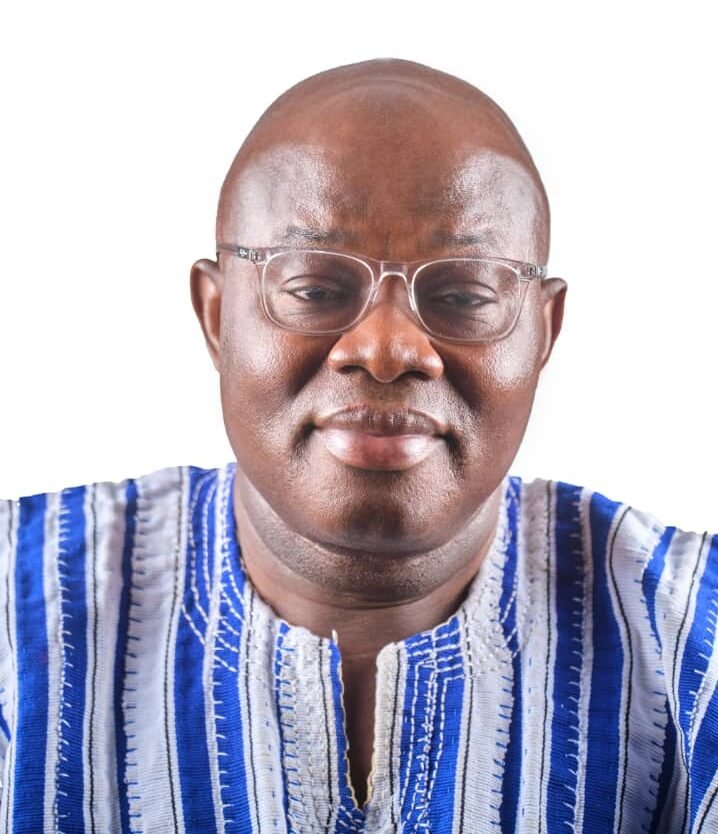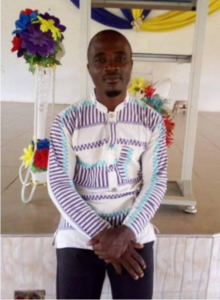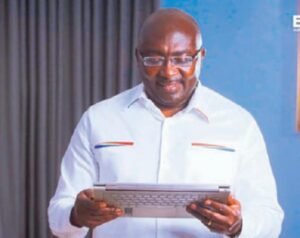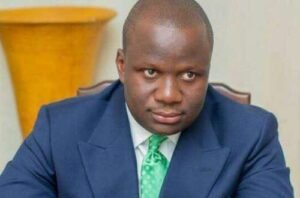
Dr Lawrence Appiah
The state of Ghana’s democracy comes into question as Dr. Lawrence provides a critical analysis of the nation’s political landscape. In his thought-provoking piece, he raises concerns about the trajectory of democratic values and governance practices since the election of President Nana Akufo-Addo and the NPP in 2017.
Dr. Lawrence acknowledges that Ghana’s democratic journey was seemingly intact until 2017, a pivotal year when the leadership of Nana Akufo-Addo took office. While the President was initially portrayed as a democrat and a human rights advocate, Dr. Lawrence contends that his actions over the subsequent seven years appear contradictory to these credentials.
Among the instances Dr. Lawrence highlights is the abrupt removal of Electoral Commissioner Mrs. Charlotte Osei, which he likens to an act in a military regime. He also draws attention to the controversial dismissal of Auditor General Mr. Daniel Domelevo, a move that was later ruled unconstitutional by the Supreme Court.
Dr. Lawrence points to episodes where key officials within the government faced significant backlash, yet remained in their positions. Finance Minister Ken Ofori-Atta faced calls for resignation by 95 MPs from his own party, and although conditions were met, he retained his role. Similarly, the appointment of Dr. Eric Nkansah as the Director General of the Ghana Education Service sparked widespread opposition, yet he continued in his position despite protests.
Drawing comparisons to military regimes, Dr. Lawrence criticises what he perceives as a lack of consultation with stakeholders on policy matters, with input seemingly sought only when crises emerge. He also touches on instances of perceived inconsistency in expectations, such as contrasting responses to a chief and the President’s daughter during the playing of the National Anthem.
Dr. Lawrence’s assessment extends to the effectiveness of demonstrations under President Akufo-Addo’s leadership. He raises questions about their impact on policy changes and asserts that several demonstrations have yielded limited results.
Dr. Lawrence urges caution to those considering a return to power for the NPP in 2025, expressing concerns that such a move could inadvertently lead to the rise of a new form of authoritarianism through the democratic process. He concludes his critique with a fervent plea for a different outcome and invokes Mahama’s name in a hopeful invocation.
Dr. Lawrence, who founded the Diaspora Progressive Movement in the USA, offers a thought-provoking perspective on Ghana’s evolving democratic landscape and the challenges it faces under the current administration.






